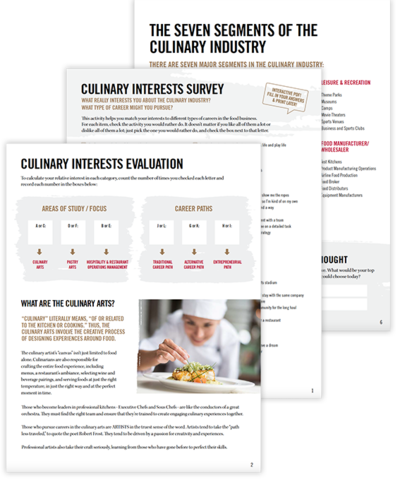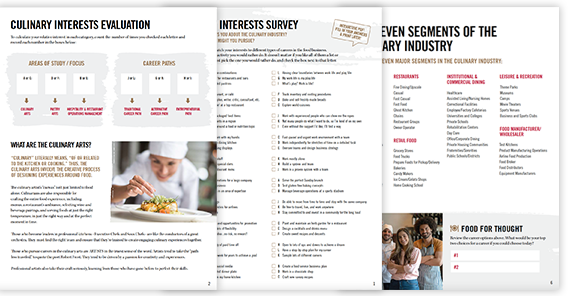Three Natural Sugar Alternatives
While attending a culinary academy, you have probably become aware of the nutritional qualities of foods and their effects on our health. If you are interested in cooking and baking with more nutritious ingredients while still creating delectable foods, then you should start considering which components of a dish can be substituted.
One of the easiest ingredients to start with is sugar. Refined sugars, such as granulated white sugar and powdered sugar, have been found to be the least healthy baking option, as it has no nutritional value yet still adds calories to your diet. Refined sugar also drains the body of its nutrients because it is difficult to digest. Sugar substitutes are commonly thought to be artificial sweeteners; however, there are plenty of natural alternatives that not only satisfy a sweet tooth, but can provide nutrients that our bodies need. Here are three substitutions for refined sugar that you should consider:
Honey
There are three main types of honey: clover, wildflower and orange blossom. Each of these vary in flavor, making honey a versatile sweetener to cook with. Bon Appetit Magazine breaks down the flavorings very simply. Clover is very mild and can be used the more widely than the others, whereas wildflower and orange blossom honey have more distinct profiles and pair well with specific foods. In addition to working well with a variety of recipes, honey also has properties that enrich the flavors of the other ingredients in a dish. Honey can also extend the shelf life of homemade baked goods and helps keep them moist.
Maple Syrup
This all-natural sweetener is an excellent substitute while trying out a new recipe that you’ve learned. Most people only use this to top their pancakes or French toast unless a recipe specifically calls for it. However, this overlooked pantry staple has plenty of benefits outside of breakfast. In addition to adding manganese and calcium to your baked goods, maple syrup enhances the flavor of rich cakes.
Stevia
Stevia is best sweetener to cook with if you are trying to maintain a better lifestyle or weight loss plan. Although it is significantly sweeter than sugar, stevia has no calories and does not affect blood sugar levels, making it great for diabetics, dieters or anyone with a sweet tooth who is interested in a healthy diet. Stevia can be used in a multitude of recipes, but has a slight licorice flavor that may limit it’s use in the baking & pastry arts. Stevia comes in a variety of forms, including fresh leaves, dried leaves, powder, extracts and concentrates.





Recent Comments